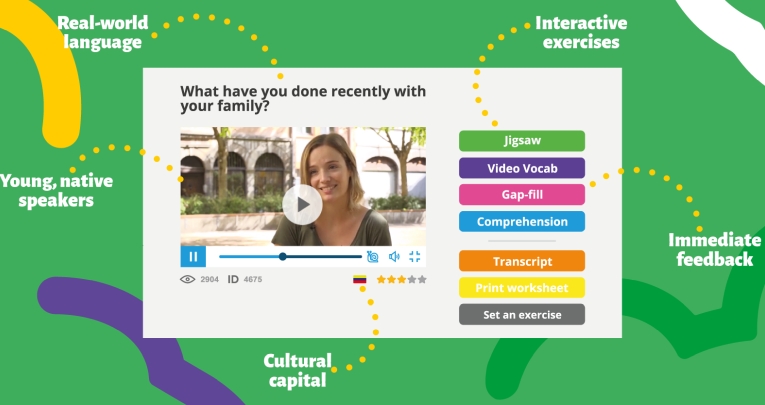Q. I am head of the English department in a large secondary academy, where I have worked for the past eight years. As part of the school’s commitment to CPD, every staff member is encouraged to come up with a personal development plan for each academic year, submitted to the SLT in the first half of the previous summer term so it can be resourced where possible, and given a timeline and success criteria. One of the newer teachers in my department has started speaking to me about the possibility of incorporating eTwinning / Erasmus+ in her PDP; could you please explain what the impact of this might be for her personally, and the school in general? Would it make more sense to get involved as a department?
A. Engaging with the eTwinning online platform and connecting with other educators is a fantastic way for any teacher or trainee to forge international partnerships and engagement can provide great opportunities for cross-school collaboration and learning.
Whether individually, departmentally or as a whole school, the key is embedding project-based learning centrally and as a foundation within planning and delivery, rather than seeing international partnerships and projects as ‘another thing to do’ or a nice to have.
eTwinning and international collaboration and engagement can be central to the creation of a scheme of work and can be used as a catalyst to engage students in learning and working towards multiple curriculum and enrichment based achievements. A departmental approach further supports the collaborative efforts both externally and when networking with international partners.
It is important to acknowledge the whole-school benefits of international collaboration and partnership development, including the currencies with which students are prepared for progression and adulthood. This type of work also provides a basis to support continued and sustained reputation as a school whose principles and practices provide varied and inclusive opportunities for both staff and students to gain a breadth of experiences which enhance learning and personal development.
International collaboration via eTwinning partnerships and projects enable staff to learn and gain insight into cultures, teaching practices and pedagogic approaches. It is also important to recognise the dimension of wellbeing in engaging with international partners, particularly where opportunities exist to engage in exchange or mobilisation.
Q. In response to the introduction of the Ebacc as part of the new accountability measures my school – along with many others, I’m sure – has recently made the study of MFL to GCSE compulsory for all students, with just a few exceptions. As a teacher of French and Spanish, I’m delighted that all the children will get the opportunity to learn a second language, but conscious that for many of them, especially those with SEN, doing so will be especially challenging. Do you have any advice for putting together a genuinely inclusive approach to teaching MFL?
A. Teaching MFL need not be just about language skills acquisition – international collaboration and eTwinning partnerships provide a foundation to ignite and inspire inquisitive exploration. Delivery of MFL provides scope for exploration into cultural differences, traditions and history which provide opportunities to build tolerance, respect and awareness for others. Links to the wider importance of additional language acquisition and international opportunities also serve as a catalyst to demonstrate career opportunities and earning potential of those able to use more than one spoken language.
Language concepts and pronunciation can be challenging and a SEN adds further complexity and challenge when engaging students. The eTwinning platform has an extensive array of SEN teachers and schools who are seeking to connect with UK schools and there are numerous examples of the success of such collaborative partnerships and engagement.
Focusing on a short and specific project with tangible outputs can support students with SEN to engage.
An MFL curriculum can be engaging and differentiated to support the varied needs of students – those less able to access learning could benefit from activities and project working which allows them to interact with students working at a similar level in another country (or countries). Students could be encouraged to engage with learning through, for example, virtual classrooms, pen pals and video messaging.
International collaborative working and partnerships enable schools and practitioners to address transnational and global topics and enhance knowledge and skills and challenge perceptions, often created as a result of media representation, peer and/or family opinions, or experiences.
Find out more about eTwinning at britishcouncil.org/eTwinning.
 Joe Baldwin is director of learner service at Bridgend College. He is a British Council eTwinning Ambassador, working with schools and colleges to promote and embed European and International collaboration and learning experiences.
Joe Baldwin is director of learner service at Bridgend College. He is a British Council eTwinning Ambassador, working with schools and colleges to promote and embed European and International collaboration and learning experiences.
To hear more from Joe, follow him on Twitter at @JosephBaldwin.











